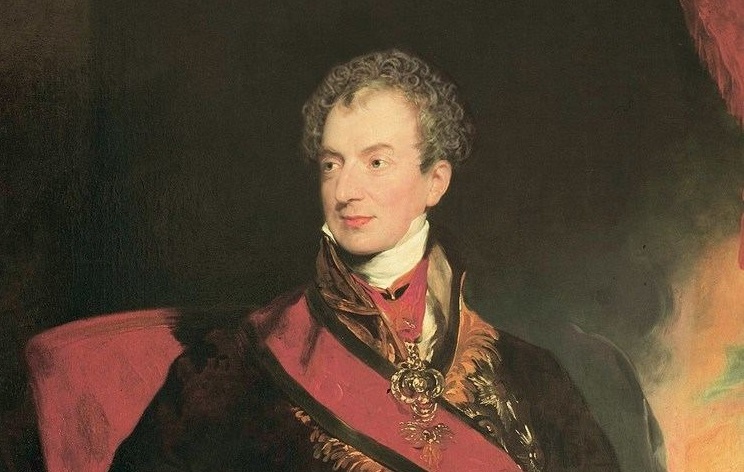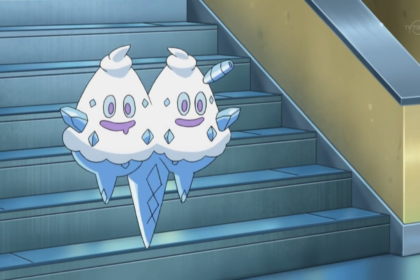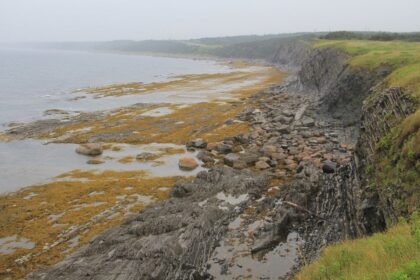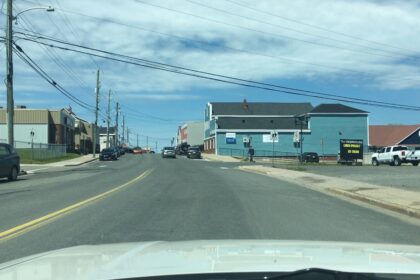Armand-Augustin-Louis, Marquis de Caulaincourt, Duke of Vicenza was a French soldier, diplomat, grand officer of the Grand Orient de France and close personal aide to Napoleon I. Take a look below for 27 more fun and interesting facts about Armand-Augustin-Louis de Caulaincourt.
1. Caulaincourt was the eldest son of Louis Gabriel de Caulaincourt, the Marquis de Caulaincourt, a nobleman and general officer in the army.
2. Born in Caulaincourt, Aisne in the French region of Picardy, he began service in the army at the age of 15, serving as an aide to his father.
3. By the time of the declaration of war in 1792 Caulaincourt had been promoted to captain and was serving as an adjutant on the staff of his uncle, Harville.
4. His lineage as a noble made him suspect by the revolutionaries, causing Caulaincourt to volunteer to serve in the French Garde Nationale in Paris as a common soldier.
5. While on his way to join his regiment he was denounced as an aristocrat and thrown into prison.
6. He escaped prison, and returned to serving in the army.
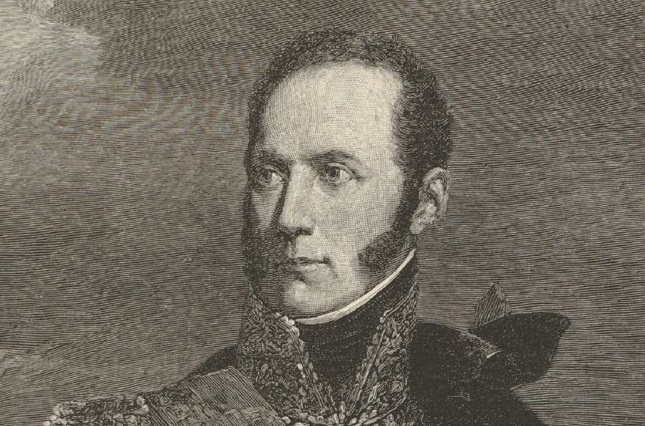
7. In three years he had regained his previous rank and was serving General Lazare Hoche.
8. He attained the rank of colonel in the Army of the Rhine.
9. By 1801 Caulaincourt had been involved in thirteen campaigns and wounded twice.
10. Caulaincourt was fluent in a number of languages, including Russian.
11. After the peace of Lunéville in 1801 he was sent to Saint Petersburg by First Consul Napoleon Bonaparte. His mission was primarily to check British influence in the Russian court.
12. On his return he was named aide-de-camp of Napoleon.
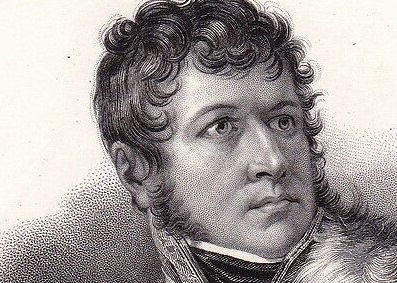
13. In 1804, Caulaincourt had been sent by Napoleon across the Rhine to seize some agents of the British government who were in Baden. He was used to pass on orders calling for the seizure and transport to Paris of Louis Antoine de Bourbon, the Duke of Enghien.
14. Once in Paris the Duke of Enghien was tried for treason by a military tribunal and summarily executed. Caulaincourt, an aristocrat, had been used as a means to deliver a fellow aristocrat to his death.
15. After the establishment of the empire he received various honors and in 1808 was given the title of Duke of Vicenza, a duché grand-fief.
16. In 1807, Napoleon sent him as ambassador to St. Petersburg, where Caulaincourt endeavored to maintain the alliance of Tilsit between France and Russia.
17. During this time he developed a friendship with the Tsar Alexander I.
18. His tasks as ambassador included attempting to arrange a marriage between Napoleon and one of the sisters of the Tsar. Though nothing came of it, he was able to manage the negotiations without engendering an embarrassing rebuff upon the Emperor.
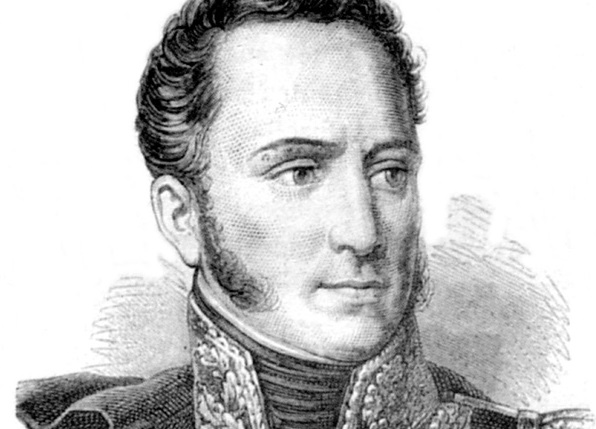
19. In 1811, with Napoleon preparing to declare a change in policy with Russia, Caulaincourt was sent for to return to France. Napoleon wrote the Tsar to say the Duke was recalled to France because of the Duke’s “poor state of health.”
20. In 1812, Caulaincourt strongly advised Napoleon against his proposed campaign into Russia.
21. He accompanied Napoleon as Grand Écuyer, or Master of the Horse, in which he was tasked with maintaining the horses of the Emperor and his close guard, and he had charge of the despatch riders and orderlies.
22. He was with the Emperor at the Battle of Borodino, when Caulaincourt’s younger brother, Major-General Auguste-Jean-Gabriel de Caulaincourt, was killed while pressing forward the assault following the capture of the great redoubt.
23. Caulaincourt lived in retirement in Paris.
24. Of the politicians of the First Empire, he was one of the most loyal and faithful to Napoleon.
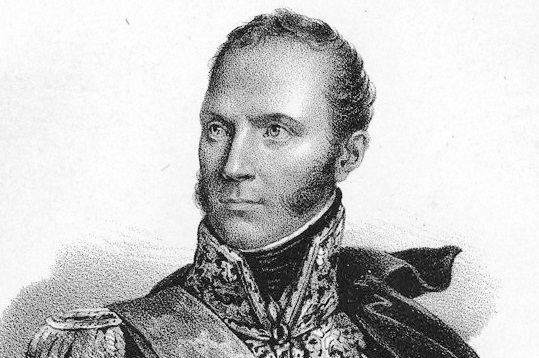
25. Caulaincourt’s name is engraved on the Arc de Triomphe’s West pillar, and a street in Paris is named Rue Caulaincourt in his honor.
26. His eldest son served as a senator during the rule of Napoleon III.
27. Caulaincourt died in Paris in 1827 at the age of 53, following an illness with cancer of the stomach.

